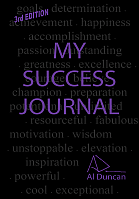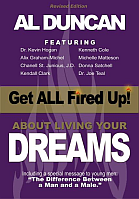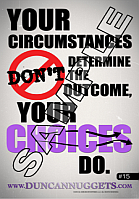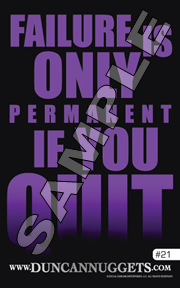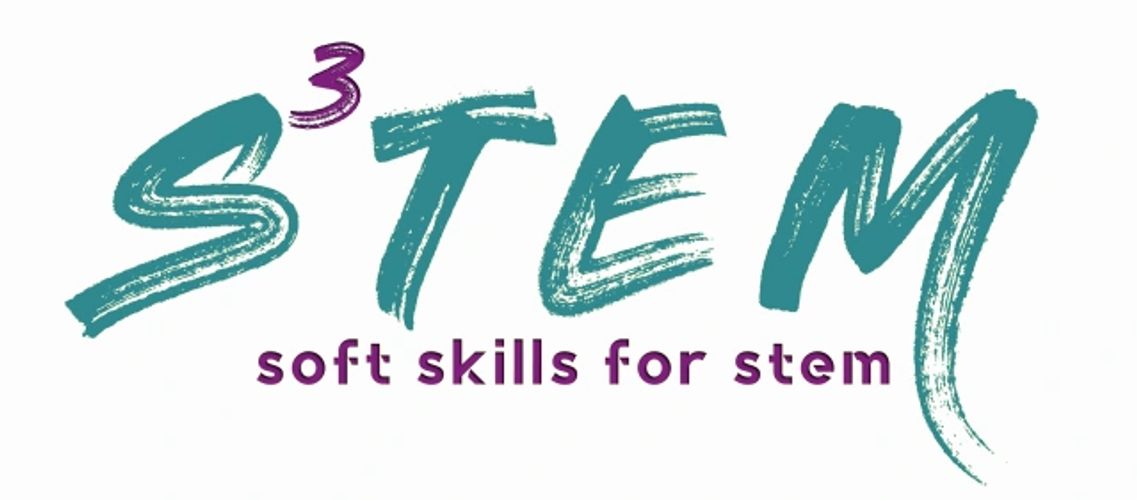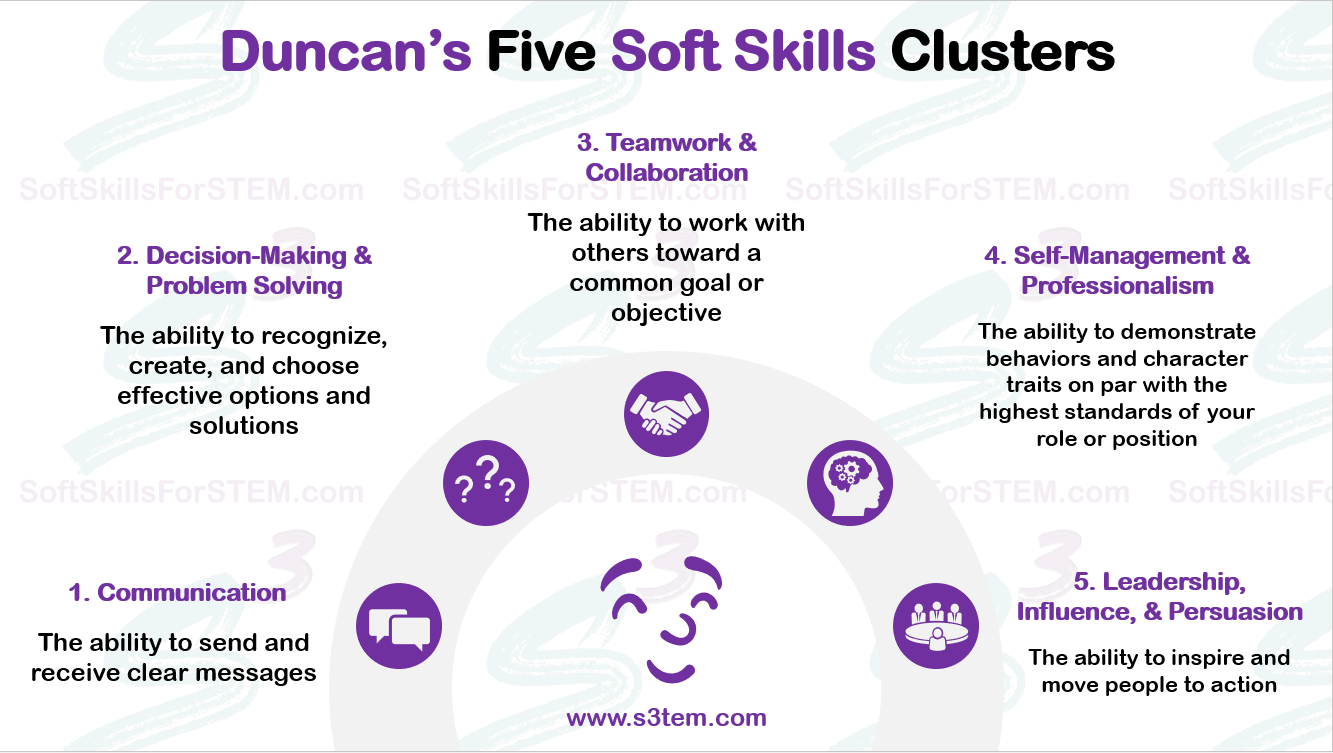In Plastic We Trust: 4 Keys for Smart Credit Card Use Pt. 4
 (continued from part 3)
(continued from part 3)
4. Balance
Make more than the minimum payment and avoid maxing out your card(s).
The best thing you can do with your credit card(s) is pay off the balance every month. Paying off the balance in full will make your charges less costly in the long run and will help to nullify the APR. Also, this keeps your card free for any emergencies.
If you can’t afford to pay off the balance every month at the very least make more than the minimum payment.
The worst thing you can do—next to missing a payment—is to haphazardly max out your card(s). In addition to possibly causing tremendous financial strain, maxing out your credit will automatically damage your credit rating because you are using more than 50% of the available balance.
So, even if you have a low interest rate and can actually afford the payments, maxing out your card is a no-no.
Did you know…
…that over 50% of all college students max out their cards?
Statistics from several different surveys and reports estimate that the average amount of credit card debt per student is around $2100 to $3000? One out of every five 18-20 year olds has $3000-$7000 in credit card debt.
This means that there are many full-time students bogged down with full-time debt and a part-time job. In fact, some have no job.
At the end of a seminar that I was teaching at Spelman, a young lady came up to me asking for advice on how to manage her credit card debt, which had gotten way out of hand. I was suggesting some steps for her to take when she stopped me in mid-sentence to say: “But see the thing is, Mr. Duncan, I don’t have a job.”
Do you think I was surprised?
Do you think I was flabbergasted?
I wasn’t. Almost every time I speak at a college or university—if the topic is money—at least one student approaches me with a scenario like that young lady’s.
In spite of all of the staggering statistics, credit cards aren’t bad; people use them badly.
Credit cards are tools and just like any other tool the result produced depends on who wields the tool. Adhering to these 4 Keys for Smart Credit Card Use will help you to utilize your tool wisely.
2. Delayed Gratification and Impulse Control
Sources:
Undergraduate Students and Credit Cards in 2004:An Analysis of Usage Rates and Trends
The Nellie May Foundation
Variables Influencing Credit Card Balances of Students at a Midwestern University
Lucretia Mattson, Kathleen Sahlhoff, Judith Blackstone, Blaine Peden, and Abraham Y. Nahm
- Categories: ArticlesMoney & EntrepreneurshipTeenYoung Adult
